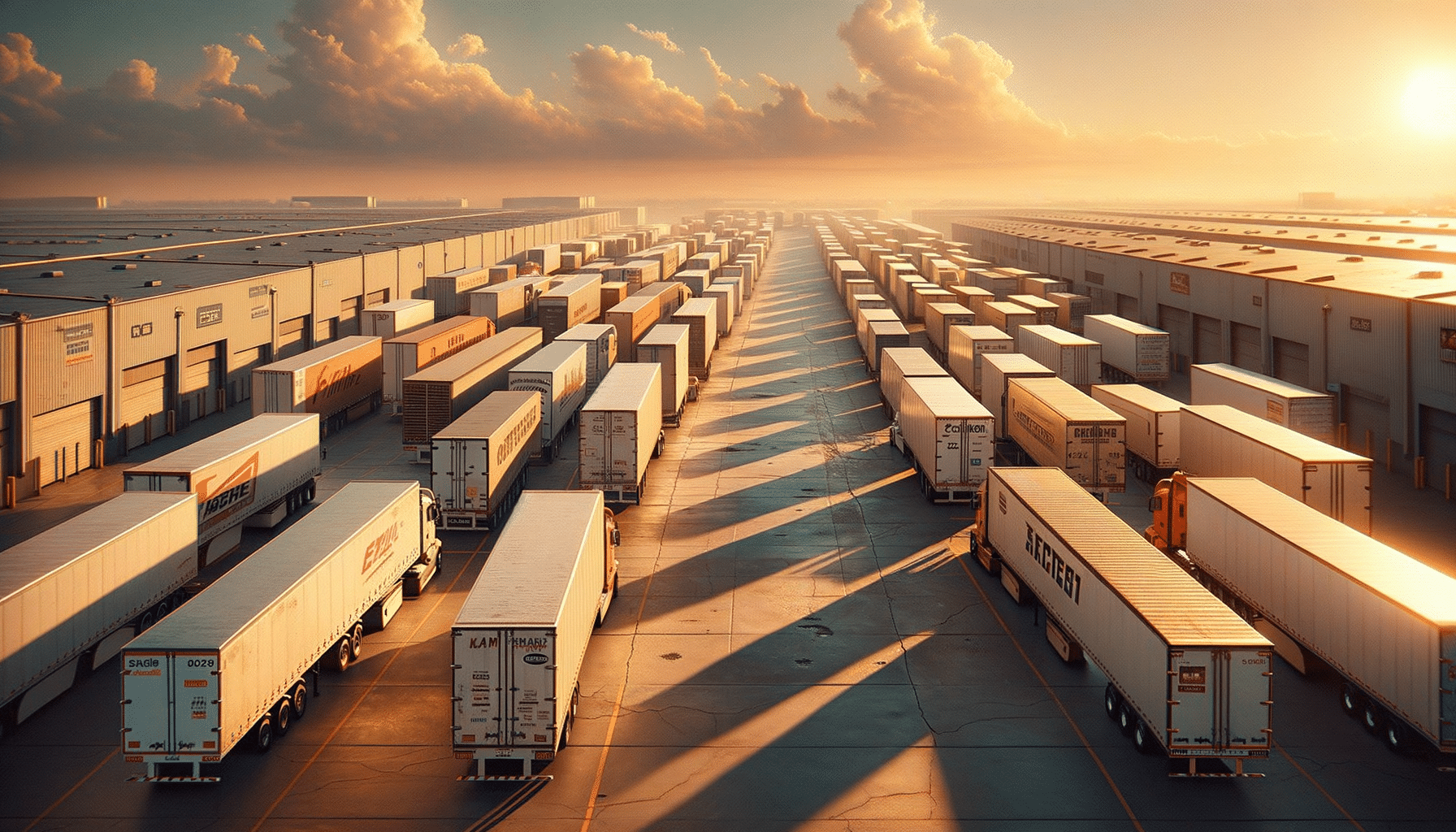
Exploring How Cargo Trailers May Be Used
Introduction to Cargo Trailers
Cargo trailers are an essential component in transportation and logistics, offering a versatile solution for moving goods across short and long distances. These trailers come in various shapes, sizes, and designs, each tailored to specific needs and industries. Whether transporting construction materials, retail goods, or recreational equipment, cargo trailers provide a reliable and efficient means of transit. Understanding how these trailers are used can offer insights into their vital role in supporting industries and economies.
Types of Cargo Trailers
Cargo trailers can be broadly categorized based on their size, design, and intended use. Some of the most common types include:
- Enclosed Trailers: These trailers are fully covered, protecting the cargo from weather and theft. They are ideal for transporting sensitive or valuable items.
- Open Trailers: Unlike enclosed trailers, open trailers do not have a covering, making them suitable for transporting large or bulky items that do not require protection from the elements.
- Flatbed Trailers: As the name suggests, these trailers have a flat surface, allowing for easy loading and unloading of heavy equipment or large shipments.
- Utility Trailers: These are smaller, versatile trailers often used for personal or light commercial purposes, such as hauling landscaping equipment or small furniture.
Each type of trailer serves a unique purpose, catering to different industries and transport needs. By selecting the appropriate trailer, businesses can optimize their logistics operations and ensure the safe and efficient transport of goods.
Applications of Cargo Trailers in Various Industries
Cargo trailers are indispensable across numerous industries due to their flexibility and capacity to transport diverse goods. For instance, in the construction industry, flatbed and utility trailers are commonly used to move heavy machinery, building materials, and tools between sites. In the retail sector, enclosed trailers are favored for delivering goods to stores, ensuring products remain in pristine condition.
The agricultural industry also relies heavily on cargo trailers to transport produce, livestock, and equipment. Open trailers are particularly useful here, allowing for the easy movement of large items such as tractors and hay bales. Similarly, the entertainment industry uses specialized trailers to transport sets, props, and equipment for film and theater productions.
Each industry benefits from the adaptability of cargo trailers, which can be customized with features like refrigeration units or specialized loading ramps to meet specific transport needs.
Factors to Consider When Choosing a Cargo Trailer
When selecting a cargo trailer, several factors should be considered to ensure it meets the specific needs of the transport task. These include:
- Size and Weight Capacity: It’s crucial to choose a trailer that can accommodate the size and weight of the cargo without compromising safety.
- Durability and Material: The trailer’s construction material affects its durability and suitability for different environments. Steel trailers offer strength, while aluminum trailers are lighter and resistant to rust.
- Security Features: For valuable cargo, trailers with enhanced security features such as locks and reinforced doors are essential.
- Cost and Maintenance: The initial cost of the trailer and the ongoing maintenance expenses should align with the budget and operational needs.
By considering these factors, businesses and individuals can make informed decisions that enhance their logistics efficiency and cargo safety.
The Future of Cargo Trailers
As technology advances, cargo trailers are evolving to meet the demands of modern logistics. Innovations such as GPS tracking, automated loading systems, and eco-friendly designs are transforming how trailers are used. These advancements not only improve efficiency but also reduce the environmental impact of transport operations.
Moreover, the growing emphasis on sustainability is driving the development of trailers with lighter materials and aerodynamic designs, which improve fuel efficiency. The integration of smart technology, such as sensors and real-time monitoring systems, allows for better management of cargo conditions, ensuring goods arrive in optimal condition.
The future of cargo trailers looks promising, with continuous innovations enhancing their functionality and adaptability to meet the changing needs of industries worldwide.


